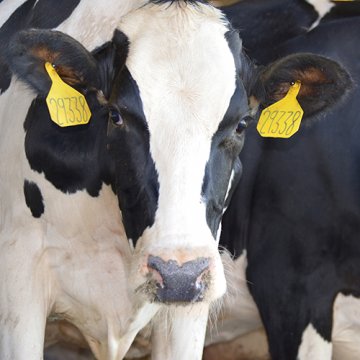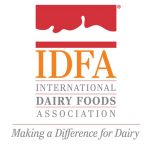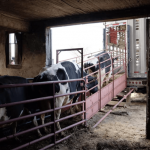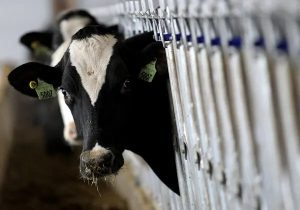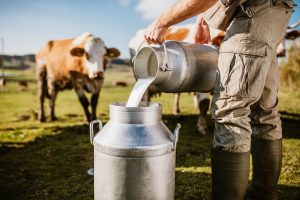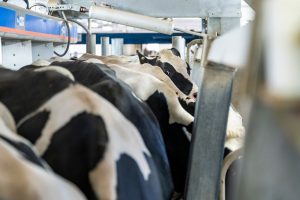
“The handwriting is there that we will probably see a downturn in commodity prices, including dairy,” says Mike Hutjens, professor emeritus of animal sciences at the University of Illinois. “We finally saw a few good months of prices that were on the rebound, and now they are likely headed back down.”
The unprecedented number of shutdowns of schools and businesses, movement restrictions, and quarantines are not a good sign for dairy. “While it’s speculation at this time, it’s likely dairy is not high on the list of items being purchased. That will likely mean a demand slowdow,” he says. “I am concerned with the potential ending of the school year and its impact on milk consumption.”
In the latest World Agricultural Supply and Demand Estimates from the USDA, the U.S. all-milk price was projected at $18.25 per CWT. That’s down 60¢ from the February projection of $18.85 per CWT.
The question is how long this slowdown will last. At this point, it is anyone’s guess.
A second factor that dairy producers will need to closely monitor is the health and well-being of their employees. “It’s prudent that farm managers work with their employees and ensure they understand the situation, and there is a plan in place to follow appropriate protocols,” Hutjens says. “If employees cannot come to work for several weeks, that could severely impact many producers.”
In a statement released late last week, Jim Mulhern, president and CEO of the National Milk Producers Federation, said: “The National Milk Producers Federation stands ready to assist its members in addressing coronavirus challenges. From possible damages to domestic and world markets, to supply chain labor disruptions on the farm, at the processing plant or in transporting milk, the potential ramifications for dairy are wide-ranging. We will devote our resources to the best of our ability to helping dairy farmers and cooperatives respond to whatever challenges they may face.”
He added that the Food and Drug Administration has confirmed that heat treatment kills other coronaviruses, so pasteurization is expected to also inactivate this virus. In addition, there is no evidence this strain is present in domestic livestock such as cattle.
“Still, all producers will remain vigilant as what has now been labeled a pandemic continues its path. We will continue to answer questions and offer information to help our members. Policy solutions also may be needed for producers whose operations have been affected by the virus. In keeping with our mission of serving our members, regardless of the challenge, we will work with lawmakers and regulators to ensure a safe and adequate supply of milk and to mitigate potential economic harm to dairy farmers,” Mulhern said.
Below is a list of helpful resources related to coronavirus.
